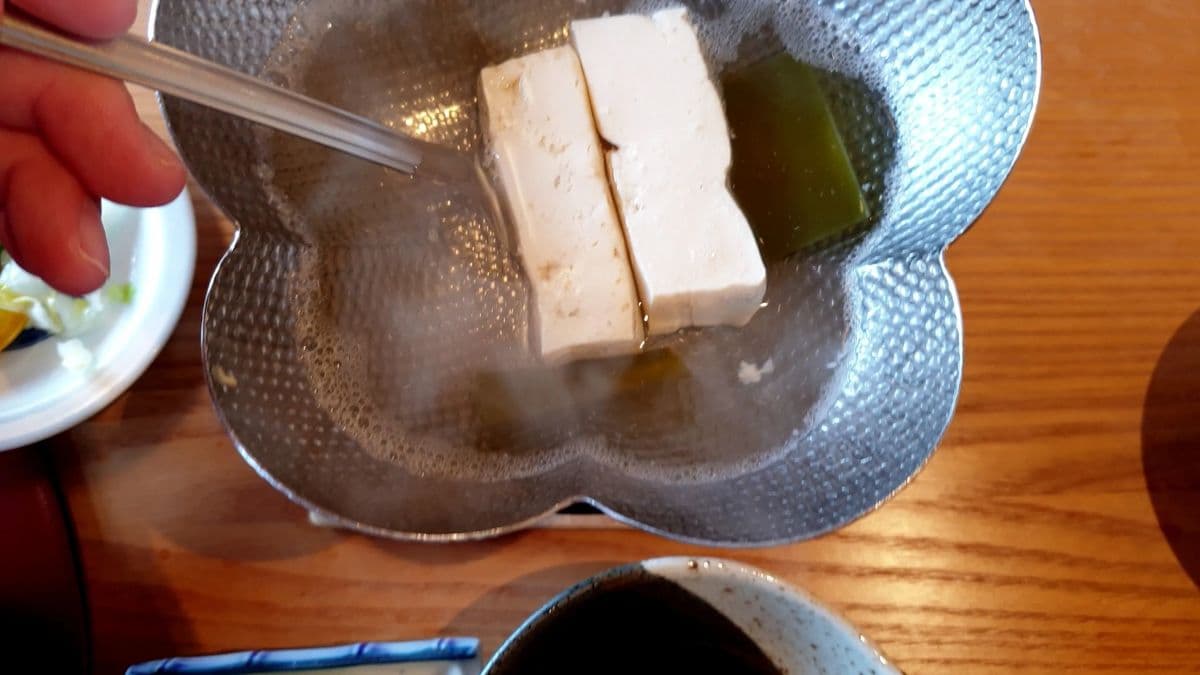It’s a common and persistent myth: eating soy foods will lower a man's testosterone, that can leading to feminizing effects. This concern stems from the fact that soy contains plant compounds called isoflavones, which have a structure similar to the female hormone estrogen. However, the science on this topic is far more nuanced, with the majority of high-quality studies finding little to no effect.
Here's a breakdown of the positive and negative studies from PubMed.
The Concern: Studies Linking Soy to Lower Testosterone
The fear that soy lowers testosterone in men is not entirely baseless. A handful of studies, particularly older ones or those focused on very specific cases, have shown a connection.
Case Studies on Excessive Intake: Some reports in medical journals have detailed cases of men who consumed extreme quantities of soy, often as part of an unregulated vegan diet, and experienced hormonal changes. A 2011 case report describes a 19-year-old man who developed hypogonadism and erectile dysfunction after ingesting massive amounts of soy-based products. His symptoms and hormone levels normalized after he stopped the diet. This shows that excessive and isolated soy intake can, in rare cases, disrupt hormonal balance.
Animal Studies: Many early studies that first raised concerns were conducted on animals, such as rats and mice. A 2001 study on male rats found that a phytoestrogen-rich diet decreased testosterone levels. However, these animal models often use doses far higher than any typical human intake proportionally, and the metabolism of isoflavones can differ between species.
These studies, while valid, highlight the importance of context. The effects seen in these cases are not representative of a man who consumes a normal, moderate amount of soy as part of a balanced diet.
The Consensus: Studies Showing No Negative Effect
The vast majority of robust, placebo-controlled trials and meta-analyses, (that combine data from multiple studies) have concluded that moderate soy consumption has no significant effect on male reproductive hormones.
Meta-Analyses of Clinical Studies: A landmark 2010 meta-analysis, updated and expanded in 2021, systematically reviewed the results of dozens of clinical trials. The researchers found that neither soy foods nor isoflavone supplements altered measures of total testosterone, free testosterone, or other key reproductive hormones in men, regardless of the dose or study duration.
Randomized Controlled Trials: A 2001 randomized trial on Japanese men found that drinking 400 mL of soymilk daily for eight weeks had no effect on their total testosterone, free testosterone, or sex hormone-binding globulin (SHBG) levels. Similarly, a 2016 study on men with type 2 diabetes found that soy protein with isoflavones did not change testosterone levels.
The Big Picture: The consensus among endocrinologists and nutritionists is that the potential for soy to act as a weak "estrogen" is far overshadowed by the body's natural hormonal regulation. For the average healthy man, consuming soy foods like tofu, edamame, and soymilk in typical amounts does not pose a threat to his testosterone levels.
The Bottom Line: For a healthy man, the evidence from the most reliable scientific studies suggests that including soy in your diet will not decrease your testosterone. The exaggerated claims of "feminizing" effects are not supported by the current body of research.
References
Hamilton-Reeves JM, Vazquez G, Duval SJ, Phipps WR, Kurzer MS, Messina MJ. Clinical studies show no effects of soy protein or isoflavones on reproductive hormones in men: results of a meta-analysis. Fertil Steril. 2010;94(3):997-1007. doi:10.1016/j.fertnstert.2009.04.038
Reed, K. E., Camargo, J., Hamilton-Reeves, J. M., Kurzer, M., & Messina, M. (2021). Neither soy nor isoflavone intake affects male reproductive hormones: An expanded and updated meta-analysis of clinical studies. Reproductive Toxicology, 100, 60–67.
Nagata C, Takatsuka N, Shimizu H, Hayashi H, Akamatsu T, Murase K. Effect of soymilk consumption on serum estrogen and androgen concentrations in Japanese men. Cancer Epidemiol Biomarkers Prev. 2001;10(3):179-184.
Dillingham, B. L., et al. (2005). Effects of soy protein containing isoflavones on the male reproductive system: A meta-analysis. Reproductive Toxicology, 20(4), 517–523.
Sathyapalan T, Rigby AS, Bhasin S, Thatcher NJ, Kilpatrick ES, Atkin SL. Effect of Soy in Men With Type 2 Diabetes Mellitus and Subclinical Hypogonadism: A Randomized Controlled Study. J Clin Endocrinol Metab. 2017;102(2):425-433. doi:10.1210/jc.2016-2875
Caceres S, Crespo B, Alonso-Diez A, et al. Long-Term Exposure to Isoflavones Alters the Hormonal Steroid Homeostasis-Impairing Reproductive Function in Adult Male Wistar Rats. Nutrients. 2023;15(5):1261. Published 2023 Mar 2. doi:10.3390/nu15051261
Siepmann T, Roofeh J, Kiefer FW, Edelson DG. Hypogonadism and erectile dysfunction associated with soy product consumption. Nutrition. 2011;27(7-8):859-862. doi:10.1016/j.nut.2010.10.018





















